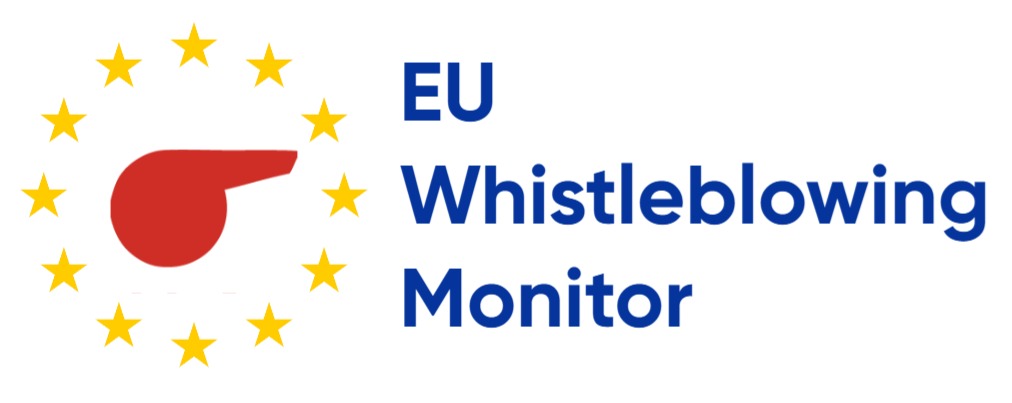Source: regeringen.se
The Government of Sweden has submitted a Bill on whistleblowing to strengthen the whistleblower protection framework. The proposal was presented during an official press conference held by the Ministry of Employment on 20 May 2021, the day of the Government decision.
Previous to the decision a draft bill was on 15 April 2021 submitted to the Swedish Council on Legislation, which scrutinizes bills before they are submitted to Parliament. The Council on Legislation had no objections and the main law proposal in the Government bill now introduced is identical to the one submitted to the Council.
The Bill would transpose the EU Directive on whistleblowing into national law and will enter into force on the 17th of December 2021, which is the deadline for transposition. The law proposals introduced by the Bill go beyond the minimum standards required by the Directive and introduces protection for public interest reporting and disclosures horizontally, which means all thematic areas covered by the Directive, and beyond. Reporting on wrongdoing which is a matter of public interest matter is covered, including reports and disclosures of breaches of both national as well as EU law.
The Minister for Employment Eva Nordmark has previously stated a commitment to improving the protection of whistleblowers in Sweden. A comprehensive inquiry was launched by the Government on 29 May 2019 to assess the reforms needed to bring the framework in line with developments. The draft law proposed by the inquiry in its final report of June 2020 received some criticism for being difficult to understand. Compared to the draft proposal laid out in the report, amendments have been made to the current Bill to make the law easier to read.
Sweden’s constitutional freedom to disclose information anonymously, including the subsequent ban on investigating sources, which applies to the public sector, is unaffected by the Bill. There had been concern that this constitutional freedom would be restricted in the process of adopting the Directive. The proposed law will for the public sector only add a new possibility to report via the reporting channels which will need to be set up. Previous attempts at reform to extend these freedoms beyond the public sector is now put together in one comprehensive law.
The law proposals now submitted to Parliament follows a time of substantial media coverage to a whistleblower case in a private elderly care company who faced reprisals following a public disclosure.
A recent progress report on transposition found that most member states were delayed and lacking transparency in transposing the Directive. Sweden was one of only four countries found to have made taken moderate or substantive progress, with 17 member states having made minimal or none.
